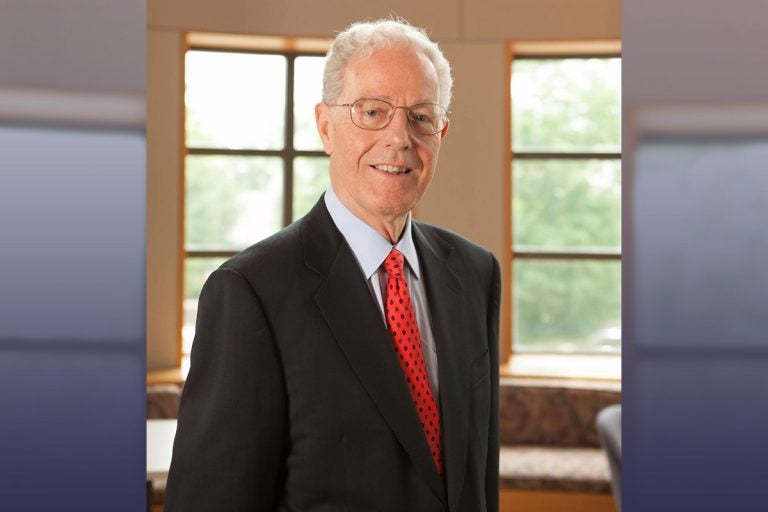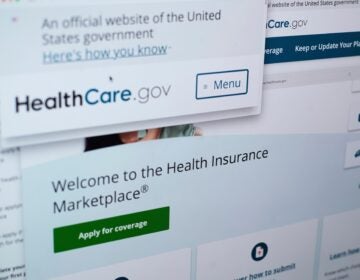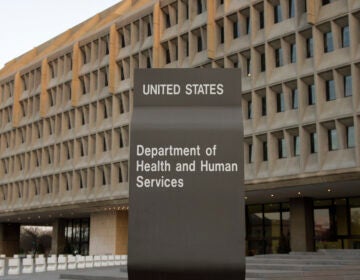Princeton University health economist Uwe Reinhardt dies at 80
"Uwe Reinhardt was a giant in our field, a moral compass for American health care," said Drew Altman, President and CEO of the Kaiser Family Foundation.

Uwe Reinhardt (image courtesy of Princeton University, Office of Communications/Brian Wilson)
Princeton University economist Uwe Reinhardt died on Monday at the age of 80.
He spent nearly 50 years teaching at Princeton and become one of the nation’s leading health care economists.
“Uwe Reinhardt was one of Princeton’s most beloved teachers. He had a lasting impact on generations of students, and we will miss him tremendously,” said Christopher L. Eisgruber, president of Princeton University.
“Reinhardt was a giant in our field, a moral compass for American health care,” said Drew Altman, President and CEO of the Kaiser Family Foundation. “Uwe always sought the truth. He always reminded us that behind all the data and graphs he loved so much were people.”
Reinhardt’s colleague, fellow Princeton Professor Janet Currie, shared the same sentiment, saying he was a generous man who was driven by a love for people. “I think it’s because he was such a people person that he was interested in people’s health,” she said on Tuesday.
Currie says Reinhardt was dismayed by recent attempts to dismantle the Affordable Care Act.
“I think he was pretty deeply disappointed in the turn things took, but he’s still an optimist. And I think he believes that in the long run, you know, Americans deserve and will get a more functional health care system,” she said.
Reinhardt was widely sought out for his views on the rising costs of health care because he could discuss the complexities of health care in the simplest terms. While explaining why the price of a procedure varied so much from hospital to hospital, he told Terry Gross in a 2009 Fresh Air interview, “it’s just bargaining power, that’s all it is.”
In a survey of New Jersey hospitals that he cited, some charged $400 for a colonoscopy and others put the price tag at $3,000. The driving force behind this, Reinhardt said, was because every hospital was haggling over the price with every insurer.
Reinhardt said one insurance company might have 30 different reimbursement rates. But creating even more confusion for patients was that a single hospital could charge different prices for the same procedure.
“The same hospital might have five different prices, from the same insurance company, depending on whether it was an HMO contract, a PPO contract, an indemnity contract, and so on,” he explained.
Those findings came out of his work as chairman of a state task force in New Jersey looking into the stability of the health care industry. He was appointed to the commission in 2006 by then-Gov. Jon Corzine.
Of the report’s many recommendations that were implemented, Reinhardt said he was most proud of limiting how much low-income patients without insurance could be charged. “I think it makes New Jersey one of the more civilized states, where hospitals just cannot gouge patients like they can in New York and Connecticut,” Reinhardt said to NJ Spotlight in 2014.
A native of Germany, Reinhardt taught at Princeton University since 1968, and was most recently a professor of Economics and Public Affairs within the Woodrow Wilson School of Public and International Affairs at Princeton University.
Anne Hoffman contributed to this report.
WHYY is your source for fact-based, in-depth journalism and information. As a nonprofit organization, we rely on financial support from readers like you. Please give today.




